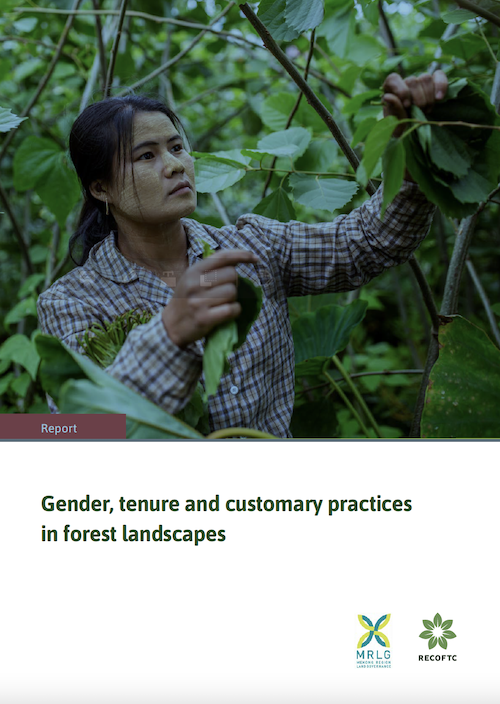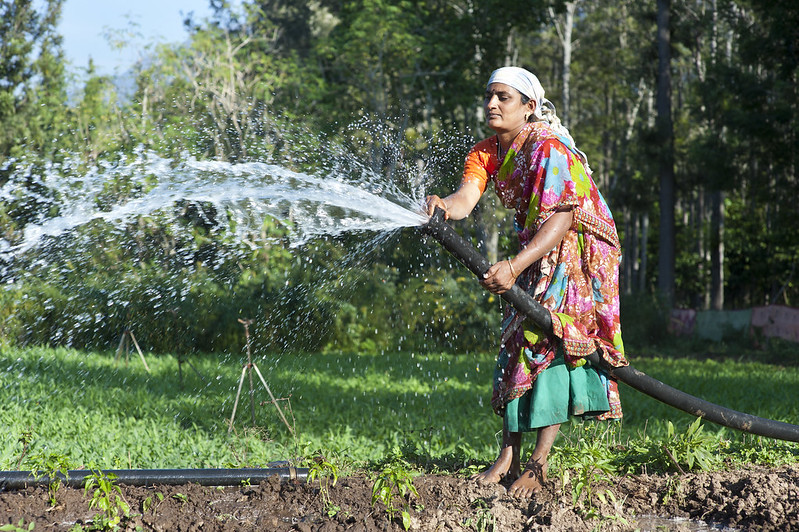Lessons learned from the Second International Agrobiodiversity Congress: Adopting agricultural biodiversity as a catalyst for transformative global food systems
Building more sustainable, equitable, and resilient food systems means rethinking how we consume, produce, and safeguard agrobiodiversity that can benefit the planet and secure access to nutritious food for all.



